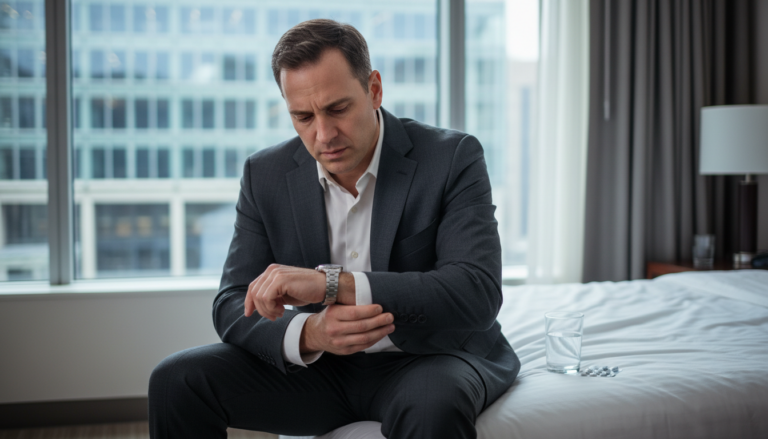The outbreak of the novel coronavirus (COVID-19) has taken a toll on many countries’ health systems and economies. While the virus continues to spread, treatments for COVID-19 are still developing. Early treatment, like testing, vaccines and drugs if you get ill, continues to be pivotal in aiding prevention and survival after diagnosis. Let’s take a look at which early treatments are most likely to impact your outcomes with Covid and why.
Early Diagnosis.
Early diagnosis of COVID-19 is essential as it allows individuals who are infected with the virus to receive timely medical care before they become seriously ill. Early detection also helps prevent further transmission by identifying those that may not show symptoms but can still infect others with the disease. According to recent research, an increase in testing capacity at hospitals helps to reduce mortality rates among patients admitted for suspected cases of COVID-19 by nearly 50%. This reduction was attributed largely due to more efficient diagnostic procedures which were able to identify positive cases quickly so that preventive measures could be implemented immediately.
Early Treatment.
Early treatment of COVID-19 also plays an important role in reducing its severity and improving outcomes for those infected with the virus. Research suggests that antiviral drugs like remdesivir can help suppress viral replication when administered soon after infection occurs, thereby decreasing symptom severity and potential organ damage caused by inflammation or immune system overreaction known as cytokine storm syndrome (CSS). Immunomodulatory therapies such as corticosteroids can reduce hyperinflammation associated with severe forms of pneumonia which often leads fatalities related to this novel respiratory illness if left untreated or diagnosed late into progression.
‘Using these medications earlier rather than later provides patients greater chances at recovery while limiting long term complications associated with extended hospital stays or intensive care unit admission.’
Early treatment also aids in preventing further outbreaks within communities through controlling contagion sources before they reach their peak levels since people are less contagious once intervention occurs. In order for this goal be achieved, widespread contact tracing methods must take place where confirmed Covid-19 positive patients are identified then quarantined. Close contacts are made aware and asked to behave cautiously.
Getting the support you need.
Mental health while in quarantine is not discussed as much as it should be! If you are diagnosed with COVID and then enter quarantine, here’s some tips for how to stay healthy:
1, It is important to stay connected with family and friends remotely as much as possible during this time.
2. Take some time every day for self-care activities such as yoga or meditation that help relax the mind and body. If needed, talk to a mental health professional about ways to cope during this difficult period.
3. Keep yourself busy through simple activities like reading books or watching movies while staying home so you don’t get bored or anxious during isolation.
4. You may also want to start an online course related to something of interest, which will provide a sense of purpose and accomplishment at the end of each lesson.
5. Lastly, try your best keep up with physical activity even when stuck indoors by doing light exercises such as stretching routines or walking around your house – just enough movement each day can make all the difference!
COVID is still very much a part of our lives, and while in many ways it’s still extremely distressing, we have also grown to accept it in our society. Following these guidelines and reaching out for help to your health care provider or scheduling an in-home medical house call when first feel ill are two ways to stay safe during the age of COVID.

